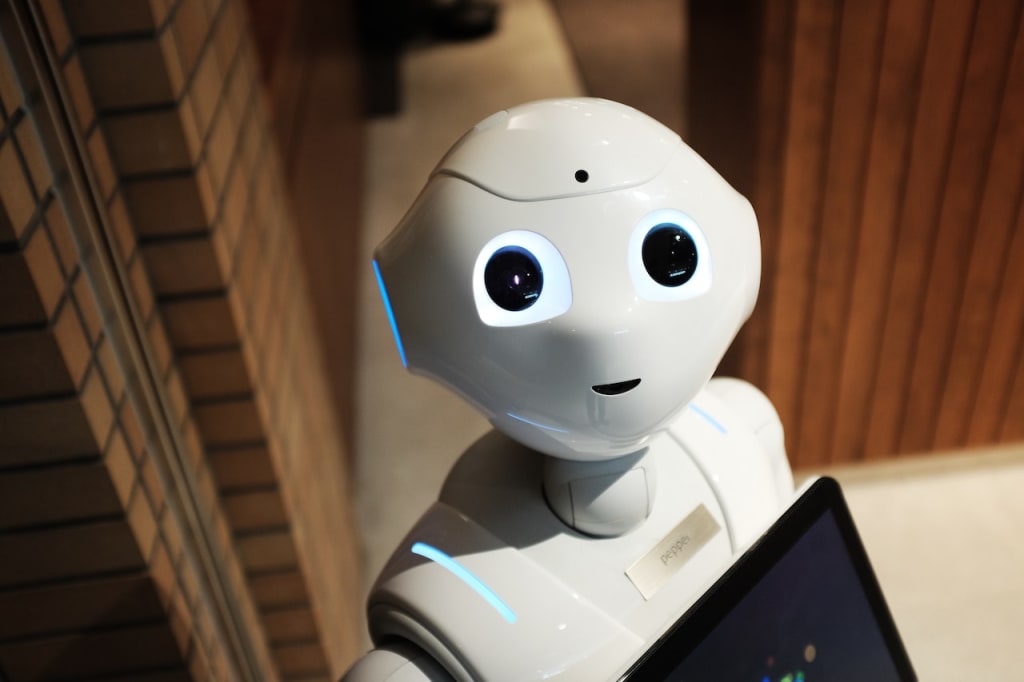Insights from Stuart Russell
Navigating the Impact of Artificial Intelligence

As artificial intelligence (AI) continues to advance, it is poised to reshape our lives and the world as a whole. However, there is a lack of consensus on how exactly this transformation will unfold. In a World Economic Forum interview, esteemed computer science professor and AI expert Stuart Russell provides valuable insights to separate fact from fiction. He emphasizes the critical distinction between human decision-making and AI systems' objective-driven behavior. Russell delves into the challenges posed by fixed objectives in current AI systems and highlights the importance of machines acknowledging their uncertainties to avoid potentially harmful outcomes. He further explores the potential impact of general-purpose AI on the economy and the need for ongoing adaptation. This article explores Russell's perspectives on the transformative power of AI and the implications it holds for society.
Russell draws attention to the fundamental difference between asking a human to perform a task and assigning that task as an objective to an AI system. When we ask a human to fetch a cup of coffee, it does not mean that it should become their sole mission, disregarding everything else. Humans naturally consider various factors and mutually shared interests when performing a task. However, current AI systems are designed with fixed objectives, requiring specific and complete instructions. Russell explains that specifying objectives can be a daunting task, as unanticipated side effects and unintended consequences may arise. He exemplifies this by highlighting the hypothetical scenario of addressing ocean acidification, which could inadvertently lead to catastrophic outcomes, such as oxygen depletion and the destruction of marine life.
Unlike humans, AI systems lack the inherent understanding that they do not possess complete knowledge of our objectives. Russell suggests that building AI systems with awareness of their uncertainty can mitigate potential dangers. By acknowledging their limited understanding, machines can exhibit behaviors such as seeking permission or clarifying intentions before taking actions that may have adverse consequences. This ability to recognize and navigate uncertainty is a crucial factor in ensuring the safe and responsible deployment of AI technology.
Russell explores the impact of general-purpose AI on the economy and the potential displacement of human workers. He refers to historical references, including Aristotle's musings on automation, Keynes' notion of technological unemployment, and current examples like semi-automated e-commerce warehouses. He highlights the need to consider the consequences of widespread automation and the potential loss of incentive for humans to understand and teach the workings of civilization. Russell urges us to reflect on the importance of passing knowledge through generations and the potential risks if that chain of learning were to break.
While pinpointing the exact arrival date of general-purpose AI is challenging, Russell notes that its impact will be increasingly significant with each advancement in the field. Experts estimate that general-purpose AI will likely emerge by the end of the century, with a median projection around 2045. However, Russell adopts a more cautious stance, recognizing the complexity of the problem at hand. He shares John McAfee's perspective, a co-founder of AI, suggesting that the timeline could range from five to 500 years, requiring exceptional minds akin to several Einsteins to achieve it.
Stuart Russell's insights provide valuable considerations for navigating the transformative influence of artificial intelligence. By highlighting the challenges posed by fixed objectives in AI systems and the need for uncertainty awareness, he emphasizes the importance of responsible and ethical AI development. Russell also encourages us to contemplate the societal impact of general-purpose AI, including potential job displacement and the preservation of knowledge transfer across generations. As AI continues to evolve, it is crucial to incorporate these perspectives to ensure a future where AI serves humanity's best interests while respecting our values and aspirations.
Henrik Leandro
About the Creator
Henrik Leandro Laukholm Solli
Free thinker, traveler and humanist <3






Comments
There are no comments for this story
Be the first to respond and start the conversation.